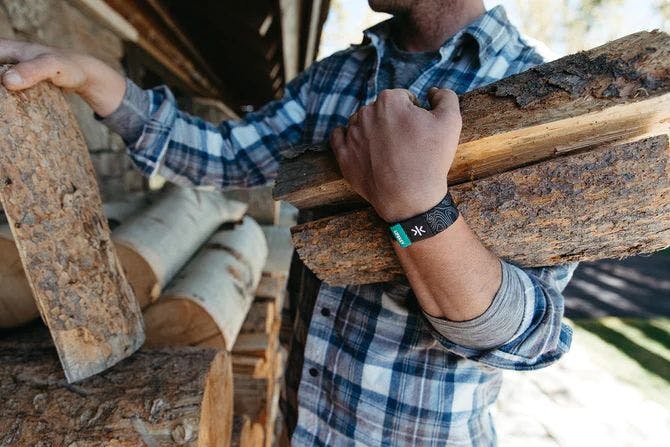801 reads
POWER LEADER: Lifekey founder Jason Kintzler sees a smartphone-less future
by
March 8th, 2023

Partner + Head of PR @ Zen Media (recently acquired: Sevans PR) ▪️ @entrepreneur ▪️ @hackernoon ▪️ @gritdaily
Story's Credibility

About Author
Partner + Head of PR @ Zen Media (recently acquired: Sevans PR) ▪️ @entrepreneur ▪️ @hackernoon ▪️ @gritdaily
